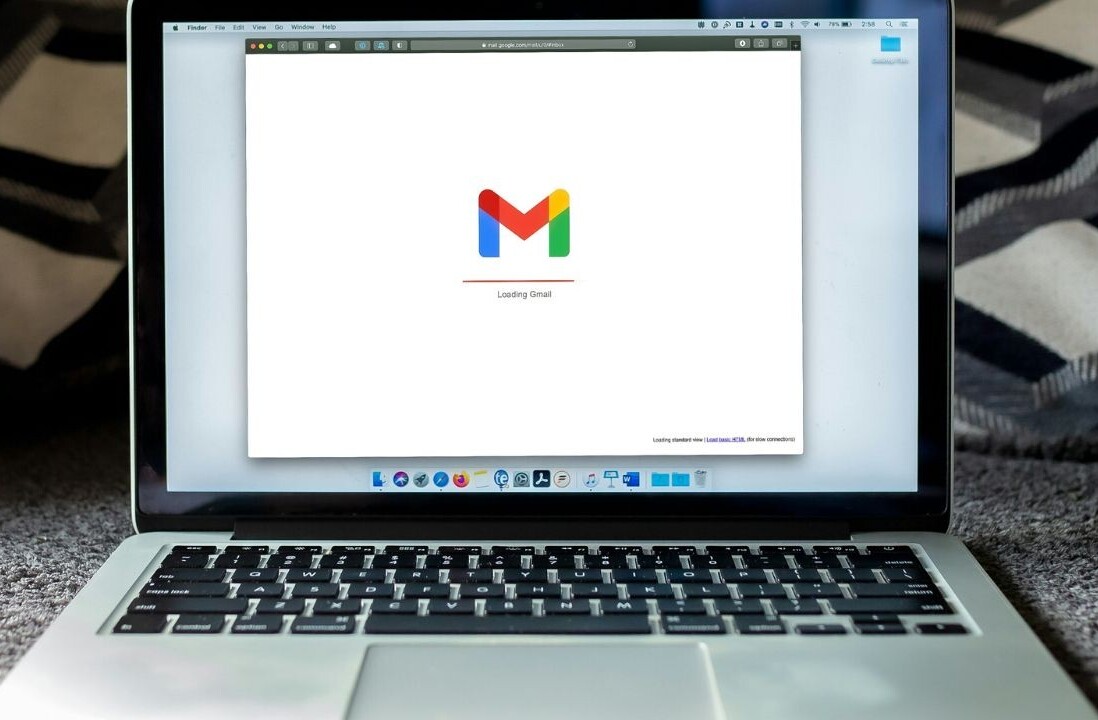
 The Federal Communication Commission is launching an investigation into the early termination fee (ETF) practice used by the four major US wireless providers.
The Federal Communication Commission is launching an investigation into the early termination fee (ETF) practice used by the four major US wireless providers.
For those who don’t know, a carrier such as Verizon or AT&T will usually impose an ETF when a customer enters into a contract agreement to acquire a handset for less than it would cost to buy it unlocked but then later backs out before the contract itself has expired (these usually last for a period of two years).
Today the FCC sent an open letter to AT&T, Sprint, T-Mobile, Verizon, and surprisingly, Google, asking about how well-informed consumers are before entering into a contract that can potentially end in an ETF. For example, Verizon imposes a fee of $350 when customers back out of contracts on what the provider calls “advanced devices.”
One notable point in this investigation is that the FCC is particularly interested in why customers who terminate their contracts for the Nexus One handset have to pay an ETF to both Google and T-Mobile.
In its letter, the FCC asks some interesting questions, to most of which the carriers have to answer “no.” For example, one is about whether or not the ETF decreases over the duration of a contract; if you have that iPhone for 12 months on AT&T and then back out, are you charged less than you would for backing out after a week? This is not the case under most contracts with wireless providers, even though this would make sense: after all, the whole point of an ETF is so that the wireless provider isn’t stuck paying for your new phone.
If anything, the questions read like a list of what could become guidelines for how wireless providers should implement ETFs. With any luck, the FCC will use the answers it receives from this investigation to establish some ETF guidelines instead of purely leaving it up to the wireless companies themselves to decide.
You can read the letter to Google on Scribd here.
Get the TNW newsletter
Get the most important tech news in your inbox each week.




